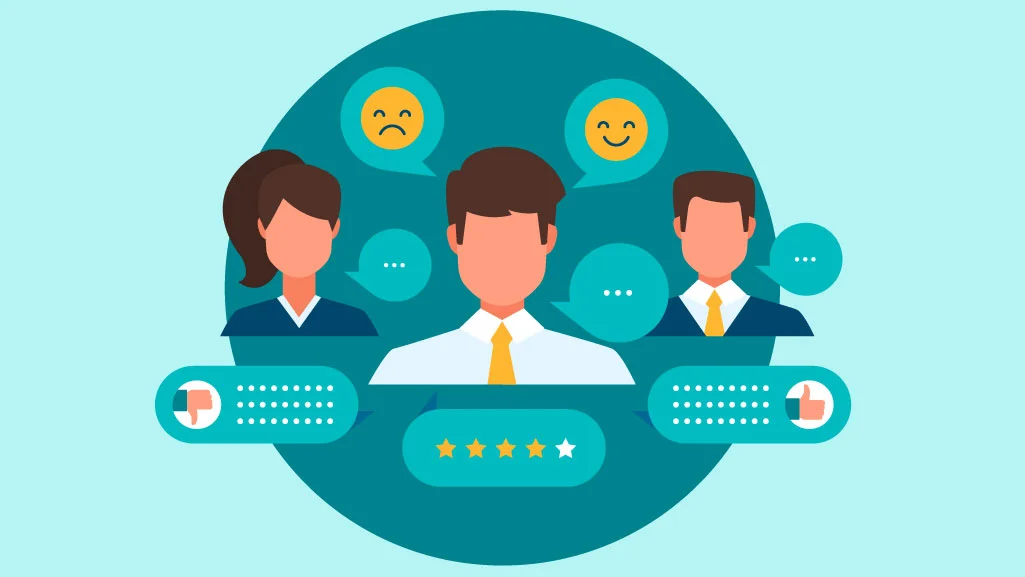
Hyper-personalization is to tailor the employee experience based on individual preferences, leading to higher retention rates. Generation Z entering the workforce brings with them a strong preference for user-centric platforms. Hyper-personalization can enhance satisfaction and productivity by delivering personalized learning materials, career development plans, and communication channels based on each employee’s unique skills, interests, and goals.
In the current age of AI, artificial intelligence, and ML, machine learning, businesses are using data analytics to understand the behavioral patterns of their customers and accordingly build a hyper-personalized marketing strategy to target them. Similarly, HR leaders and professionals can harness the power of hyper-personalization and leverage data analytics to customize their HR processes and activities to create an enhanced employee experience. But how can we do that?
Before we delve into how HR professionals can use hyper-personalization, we should understand the difference between personalization and hyper-personalization.
Marketers have used personalization theory for ages. Customizing marketing campaigns and communication as per the profile of the individual and personalizing everything so that it makes more sense for people. The traditional way of using personalization means collecting primary data such as the name, mail ID, and general demographics such as age, occupation, and place of origin of the person. With the help of this information, companies can customize their promotional communication for better results. Similarly, in HR, organizations also personalize learning programs as per the need of a particular function (e.g., sales) or a level of employee (e.g., Managers). But with the help of AI and ML, a learning platform can recommend learning content as per the needs of the individual and the preference of an employee. Hyper-personalization is like going one step further.
But there is a concern. As per a study, 90% of companies do not provide a hyper-personalized experience to employees across sectors. Also, 63% of companies revealed that they do not offer individual personalization at the workplace. Now, you must be wondering how we can use hyper-personalization to create a better employee experience. Just like how platforms like Spotify and Netflix recommend personalized content to people, similarly, HR tech platforms can also recommend best practices and learning content to users for their career growth.
Personalized learning
There are many Learning Management System (LMS) platforms in the market these days. Most platforms follow the Netflix-like model, which recommends personalized learning content to people using their browsing history and previously consumed learning courses. This helps employees to get personalized content for career growth. This further helps in creating a better learning experience and a better chance to enhance retention. Many companies like Vodafone and Siemens have such platforms installed for their employees.
Customized perks and benefits
Digital R&R platforms can help give your employees a hyper-personalized experience by recommending customized perks and benefits to people. It helps to provide flexible benefits to employees with a wide range of benefits, from shopping to dining, wellness, finance, self-care, and many more. Using AI and ML technology, the platform has the power to recommend customized benefits for a better redemption rate, ultimately keeping the employee experience high.
Overall personalized experience
There are analytical tools available in the market that help organizations track the overall behavior of employees. For example, such tools can track employees’ time on specific tasks, their communication patterns, and their usage of software applications. After analyzing these patterns and behaviors, such tools recommend practices that help to improve productivity, achieve better work-life balance, and improve the general well-being of employees.
Coaching and mentoring
AI-enabled coaching and mentoring tools also help employees to grow in their roles. Tailor-made coaching and mentoring programs can be imparted through human and AI-enabled coaches. Personalized and customized coaching programs can be made based on a person’s career goals, key strengths, and areas of development. It can also use data and analytics to track progress and provide ongoing feedback.
Going forward, the Gen Zs, also known as the digital natives, are joining the workforce, and their numbers will increase year on year. They are exposed to a superior user experience using platforms like Amazon, Netflix, and Spotify. In workplaces of the future, they would expect a similar employee experience. Therefore, companies will need to adopt such technologies, which will help provide superior experiences to the employees.






